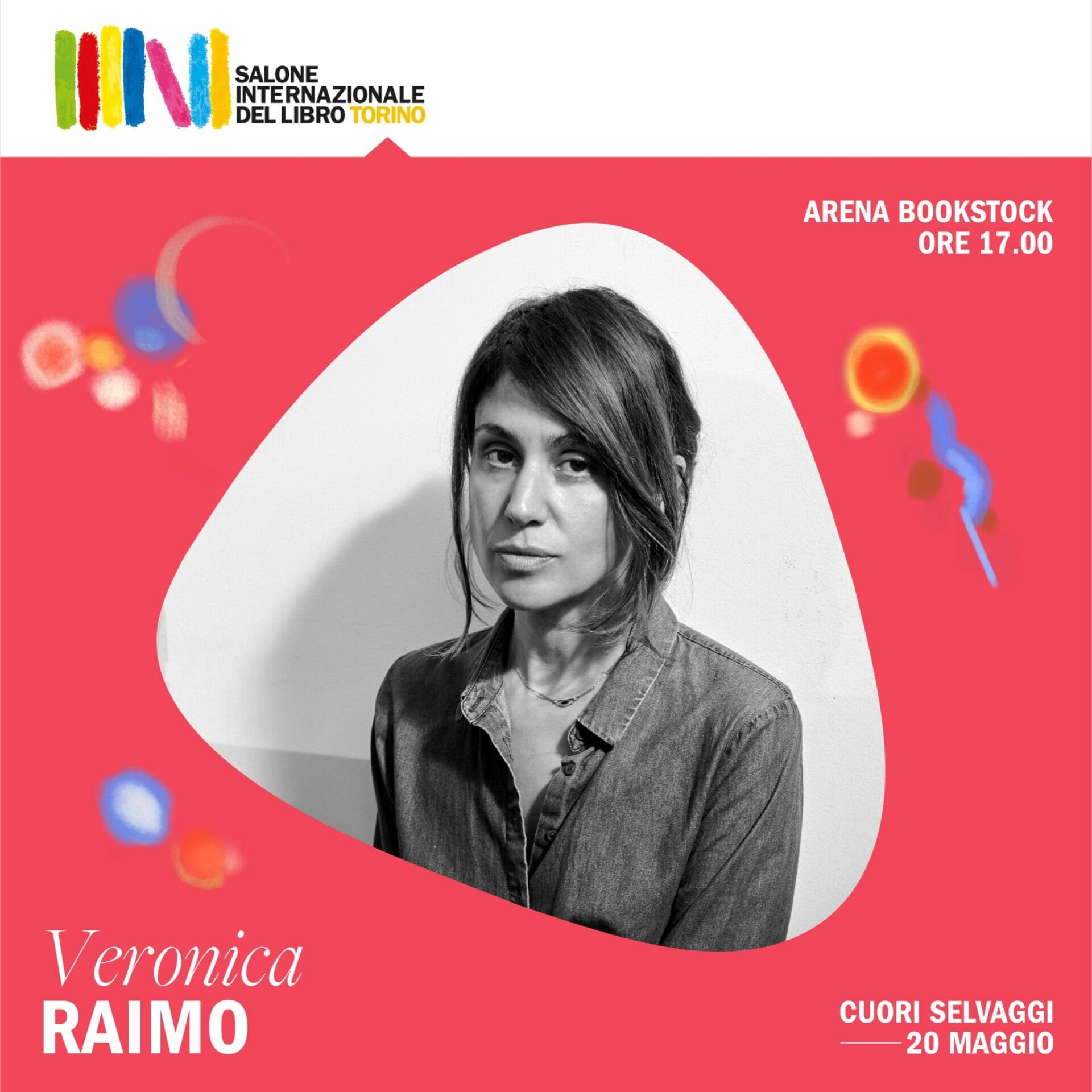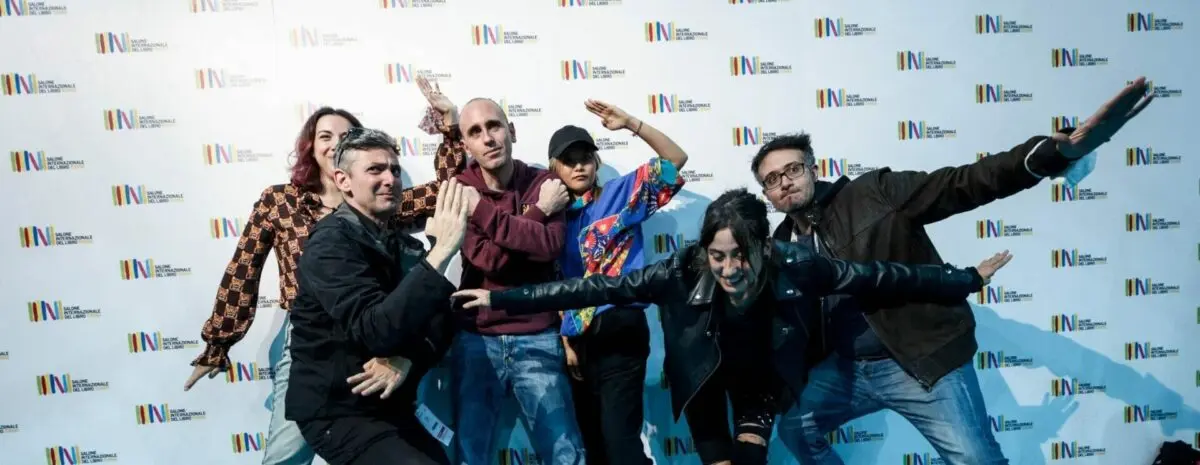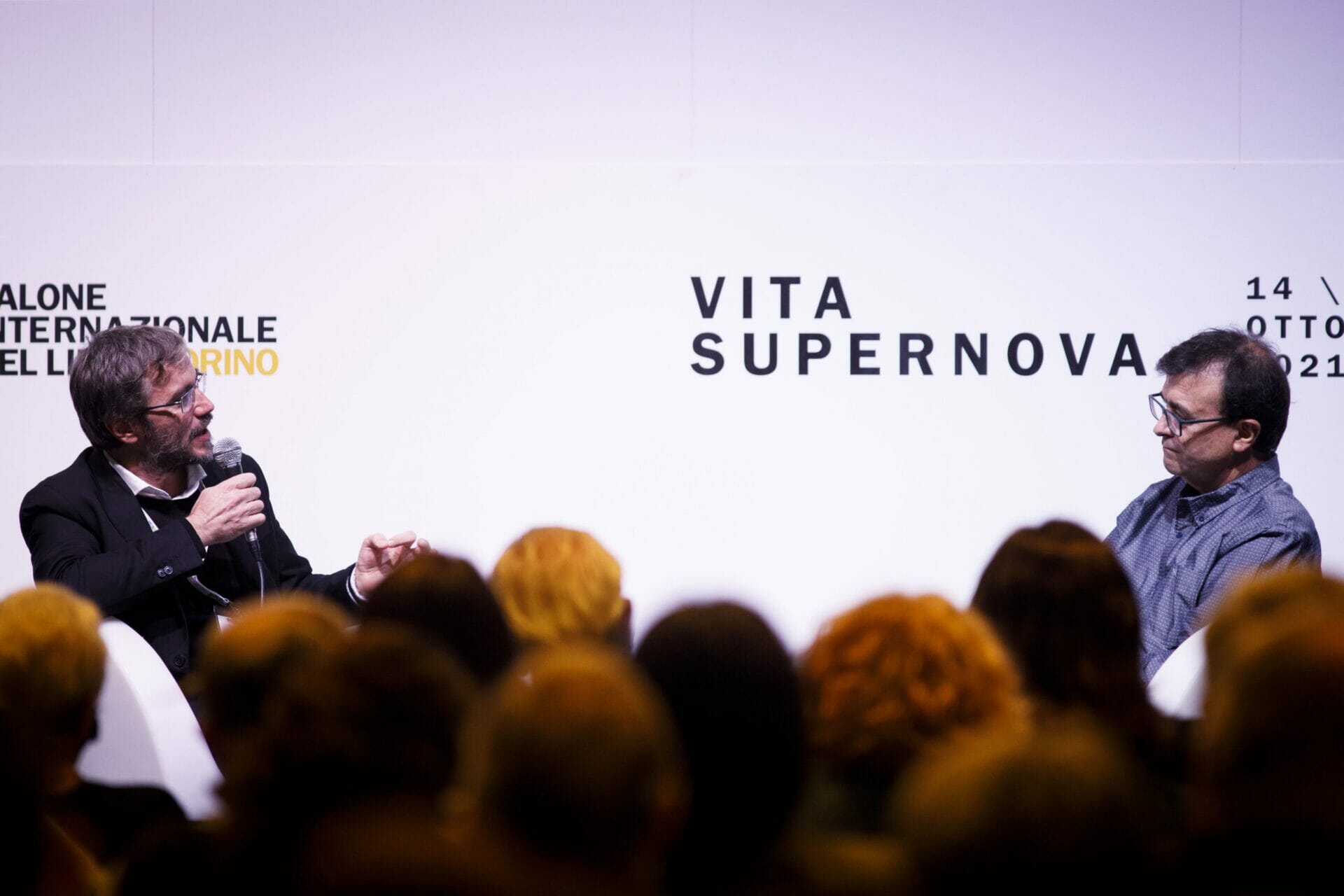
Any writer has a compromised relationship with the truth. Rightly.
The Italian writer Veronica Raimo, 44, arrived at The Turin International Book Fair 2022 to present her new book, Niente di Vero (Nothing true), which is among the twelve nominees for the prestigious Premio Strega. She was interviewed by Sofia Viscardi and Irene Graziosi, creators of the YouTube channel Venti.
Nothing True is her fourth book, published by Giulio Einaudi Editore. Before that, she wrote Grief According to Matthew (2007, Minimum Fax), All Tomorrow’s Parties (2013, Rizzoli) and Miden (2018, Mondadori). She was also the co-writer of the movie Sleeping Beauty, directed by Marco Bellocchio and presented at the 69th Venice International Film Festival in 2012.
A comic autofiction
Nothing True is a book of autobiographical fiction, but Raimo prefers to call it a novel. “This way, it is easier,” she said.
The novel does not follow chronological order. Actually, it doesn’t even have an actual plot. It gathers a series of scattered events, united only by the irreverent and ironic author’s style. Her voice is still something new in Italy, as she claims. “While writing I was looking for books to help me, but I couldn’t find them. This was a push to write.”
She went on to say that, at least in the Italian scene, there are no female authors more or less her age doing autofiction, a shortened name for autobiographical fiction. The only similar books are painful. Hers, on the other hand, is almost comic and has a theatrical rhythm. This is because, before writing the novel, Raimo had already experimented with that style by writing monologues for actresses. One of them is Cristina Pellegrino, who also read the audiobook of the novel. Other pieces of the book come from newspaper articles Raimo wrote.
This is an extremely contaminated book. It is important to me because it serves as a protection.
Like wounds from a jellyfish
Nothing True explores many themes. The boredom experienced during childhood, the relationship with her brother Cristian, also a writer, the oppression of an anxious and overly present mother, and the sexual experiences over the years. Sex is an important part of this book.
Because of the style Raimo uses to talk about it, Nothing True has been compared to Portnoy’s Complaint and Phoebe Waller-Bridge’s TV series Fleabag. Despite the light tone of the book, some harrowing events emerge. The illness and death of her father, her abortion, and the loss of a friendship. In those cases, irony becomes an intimate but universal way of showing frailties, bitterness, guilt, and shame.
Claudia Durastanti said that reading this novel is a feast but many pages are like wounds from a jellyfish. They burn at a distance. Irene Graziosi asked Raimo if she agreed.
“I don’t like to sink into pain, I always try to stay one step behind” she answered.
Memory and lies
During the conference on May 20th, Irene Graziosi and Sofia Viscardi also asked questions on the topic of lies. According to Raimo, the line between lies and truth is not so clear.
“Sometimes you don’t want to lie, but you don’t know the truth, especially when you reckon with your memory, which is full of traps.”
For writers, the issue is even more complex, and there is the possibility of going into apparent paradoxes. In fact, Raimo stated that although this book is very autobiographical, she had to go through a process of estrangement. This did not happen with her previous book of fiction. But after all, why does this have to be a problem? As Raimo explains, “imposture is part of the creative process of writing.”
Cover image: the Italian writer Veronica Raimo Veronica Raimo – courtesy Salone del Libro








